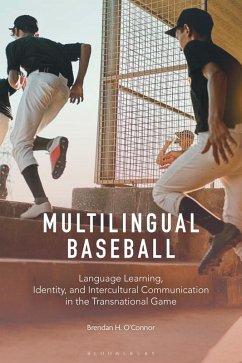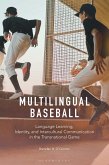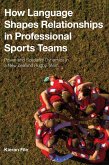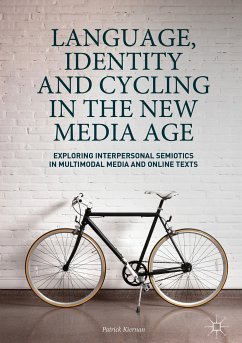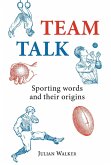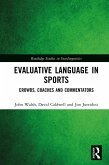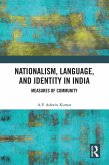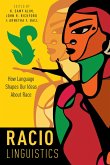What can baseball teach us about language, culture, and society?
The first book-length exploration of multilingualism in professional sports, Multilingual Baseball provides an intimate look at language diversity in the transnational world of baseball. Based on extensive interviews and observations in the US and the Dominican Republic, the book foregrounds the voices of current and former players, coaches, front office personnel, international scouts, language teachers, and interpreters, with baseball experience in the Dominican Republic, Cuba, South Korea, Taiwan, and the United States.
Engaging a wide range of foundational concepts within sociolinguistics, applied linguistics, and linguistic and cultural anthropology, the analysis reveals the relevance of bilingualism to the social and economic realities of professional baseball as a transnational business. It also illuminates day-to-day encounters with linguistic and cultural difference on the field, in clubhouses, and in communities around the world. Through this linguistic lens, the book delves into social issues in diverse societies by connecting interactions within baseball to the broader challenges of immigration, race, and demographic change. While grounded in the experiences of Spanish and English speakers in US Major League Baseball organizations, Multilingual Baseball presents the transnational game as a microcosm of globalizing societies around the world, inviting readers to consider what we can learn from the bilingual understandings and misunderstandings that arise in everyday baseball interactions.
The first book-length exploration of multilingualism in professional sports, Multilingual Baseball provides an intimate look at language diversity in the transnational world of baseball. Based on extensive interviews and observations in the US and the Dominican Republic, the book foregrounds the voices of current and former players, coaches, front office personnel, international scouts, language teachers, and interpreters, with baseball experience in the Dominican Republic, Cuba, South Korea, Taiwan, and the United States.
Engaging a wide range of foundational concepts within sociolinguistics, applied linguistics, and linguistic and cultural anthropology, the analysis reveals the relevance of bilingualism to the social and economic realities of professional baseball as a transnational business. It also illuminates day-to-day encounters with linguistic and cultural difference on the field, in clubhouses, and in communities around the world. Through this linguistic lens, the book delves into social issues in diverse societies by connecting interactions within baseball to the broader challenges of immigration, race, and demographic change. While grounded in the experiences of Spanish and English speakers in US Major League Baseball organizations, Multilingual Baseball presents the transnational game as a microcosm of globalizing societies around the world, inviting readers to consider what we can learn from the bilingual understandings and misunderstandings that arise in everyday baseball interactions.

